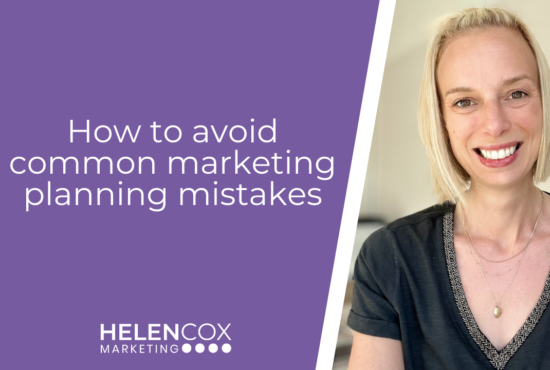Let’s talk about the elephant in the room- the marketing budget
 Marketing is vital for any business to grow and the cold hard truth when it comes to marketing is that you are going to need to spend out on it if you want it to work.
Marketing is vital for any business to grow and the cold hard truth when it comes to marketing is that you are going to need to spend out on it if you want it to work.
The more and more that you want to add into your marketing campaigns and plans, then the more that you can expect it to cost you in both the short and long-term.
Of course, you could just dive in and hope for the best when it comes to spending out on marketing for your business, but if you want to make sure that you don’t overspend and that you still see results, then you are going to need to work on a marketing budget.
Working out a marketing budget means that you need to think about what you can afford to spend, what you should spend and of course how you divide up the funds you have. Whilst no-one likes to talk about money, this is a time when you really should be making the effort.
So, rather than avoid that elephant in the room, let’s tackle it head on.
Decide what you should be spending overall
One of the aspects of setting a marketing budget that is most talked about is how much you should be spending. Some may say that you should only spend out when you are making profit, but the question is, how are you ever going to attract those all-important customers if you are not marketing yourself?
It can be hard to know how much to spend on marketing, especially in those early days, however, if you are trying to grow and do it as quickly as possible then your spend should cost around 12%-20% of your overall gross revenue.
If you are more established and you simply want to maintain, or maybe make a more modest growth, then anywhere between 5% and 12% of your gross revenue is a more sensible figure to aim for with marketing.
Don’t leave thinking about your marketing budget to the last minute, plan it out and make sure you have enough money.
Think about your platforms
Once you have a rough figure in mind, then the time has come to hone in on the different platforms that are open to you to market on. The best place to start is by making a list of all the platforms that you like the idea of. Some of the most popular options are:
- Facebook Ads
- Google Ads
- Content marketing
- Influencer marketing
- Social media profiles
- SEO
- Signs and Flyers
- Email marketing
Think about which ones are likely to work best for you and which are going to appeal to your target audience. You need to remind yourself that you are looking for potential ROI (return in investment) for each. Some options might be cheaper than others or even free, but will they actually communicate with your key audience?
Divide up your marketing budget
Once you have your list of platforms and you know which is likely to work the best (or may already be working for you) then you need to divide up your budget accordingly. You need to think about where you are in the process if you want to know where best to allocate your money.
If you are brand new and want to grow, then you might want to put a larger chunk towards ads such as on Facebook and Google as this will attract new customers. Then you can place remaining funds into other approaches.
If you are a more established company and you don’t need to grow hugely, then you might find that plugging away with SEO, content marketing and email marketing is a much better idea to spend your money on.
If you are a professional service firm then getting face time with potential clients and developing relationships will be more important so budgeting may goes towards networking and events.
You are never going to know exactly what to spend your money on when it comes to marketing, but you can make an educated guess, monitor and track it. Not only this, but if you find that something isn’t working for you then change it. Marketing budgets are fluid and if you feel that you need to move things around, then do it!
Want to hear more about marketing planning or how I can help?




